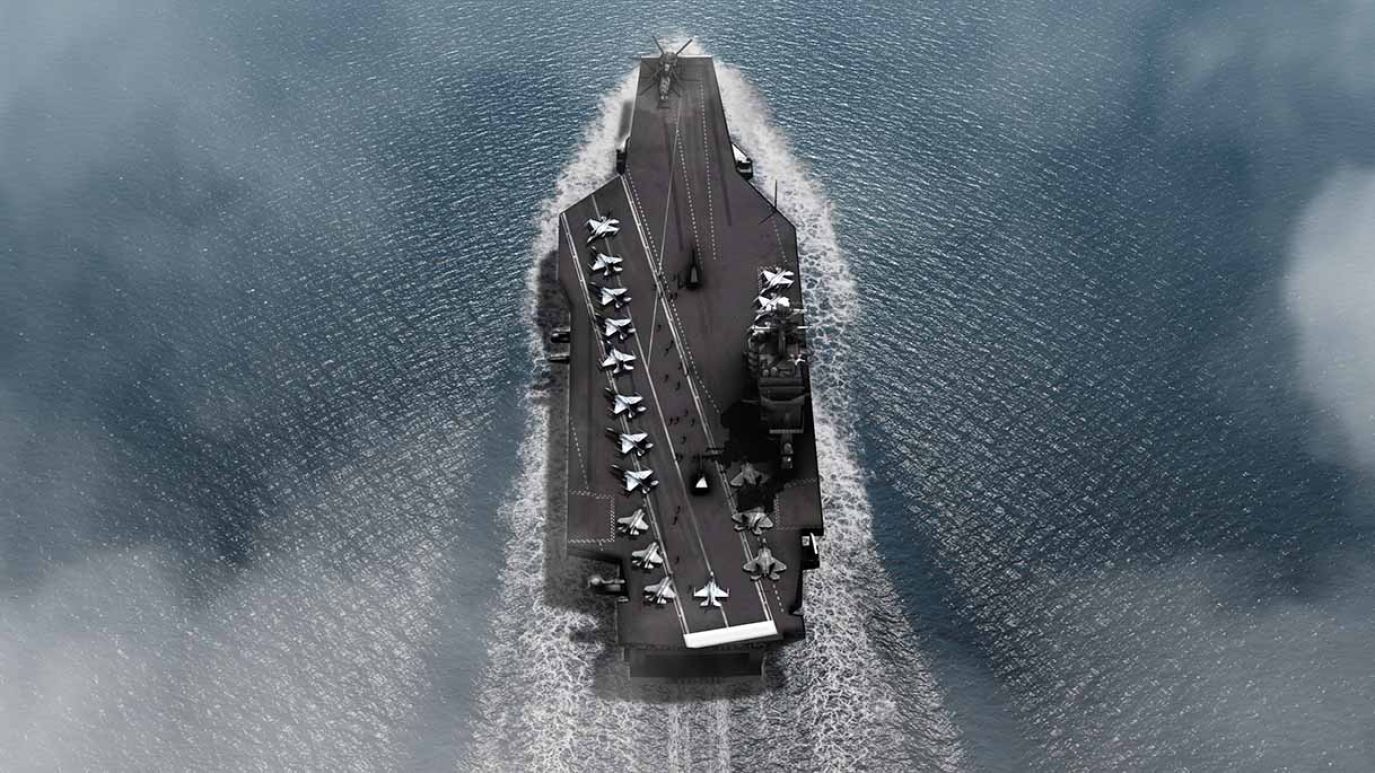China Decries Being Named ‘Hypothetical Enemy’ in US-led Joint Military Exercises

Pamir assesses that despite China’s criticism of US-led joint military exercises with Japan and Australia, Beijing will not rashly initiate military conflict over Taiwan.
From 29 January to 1 February, the US and Japan conducted a large joint exercise in the Philippine Sea east of Taiwan. A dozen ships, including two US aircraft carriers and a Japanese helicopter carrier, and their air components participated in the drill.
- A US Navy statement said the exercise was to “advance unique high-end warfighting capability.”
- US analysts believe the exercise was designed to demonstrate that the Indo-Pacific region remains the US strategic focus and that, despite tensions in the Middle East, the US can respond effectively to contingencies in Asia, particularly a crisis in the Taiwan Strait.
From 1 to 8 February, the biennial computer-simulated command post exercise Keen Edge 24 involving representatives of US Forces Japan and Japan Joint Staff took place in Japan. Representatives of the Australian Defense Force participated in the exercise for the first time. This exercise also marked the first-time participation of US Space Command and US Cyber Command.
- The exercise scenario simulated involvement by Japan and Australia in a US-led defense of Taiwan in the event of a Chinese invasion.
- Japanese media reported that, for the first time in the history of US-Japan joint exercises, China was named explicitly as the “hypothetical enemy.”
Chinese reaction. The Chinese Embassy in Tokyo issued a statement saying China expressed “grave concern” to the Japanese government about Japanese media reporting that China was named as the “enemy” in Keen Edge 24.
- The embassy statement criticized “certain forces” in Japan for “exaggerating the situation in the Taiwan Strait and provoking confrontation” but claimed that the Japanese government had informed the embassy that the media reporting was not based on facts.
- Stressing China’s determination to defend its sovereignty and territorial integrity, the statement warned that any effort to obstruct China’s reunification would result in a “heavy price.”
Some Chinese military experts say the Chinese leadership understands that the price to take Taiwan militarily would be huge and China will not rush into a war over Taiwan.
- On 25 January CUI Tiankai, former Chinese ambassador to the US, remarked at the Asia Society Policy Institute, “We [China] will achieve reunification one way or another…We certainly don’t want to see a situation where Chinese are killing Chinese…We will not fall into the trap somebody may be preparing for us, that they will supply military assistance [and] weapons for a proxy war, and Chinese will be killing Chinese. We will not fall into that trap.”
China’s 5G influence in developing economies
China’s Belt and Road Initiative and its digital counterpart, the Digital Silk Road, threaten to displace US telecom and tech companies in developing economies in Africa, Latin America and the Middle East. How can US operators and network providers stand up to the challenge?